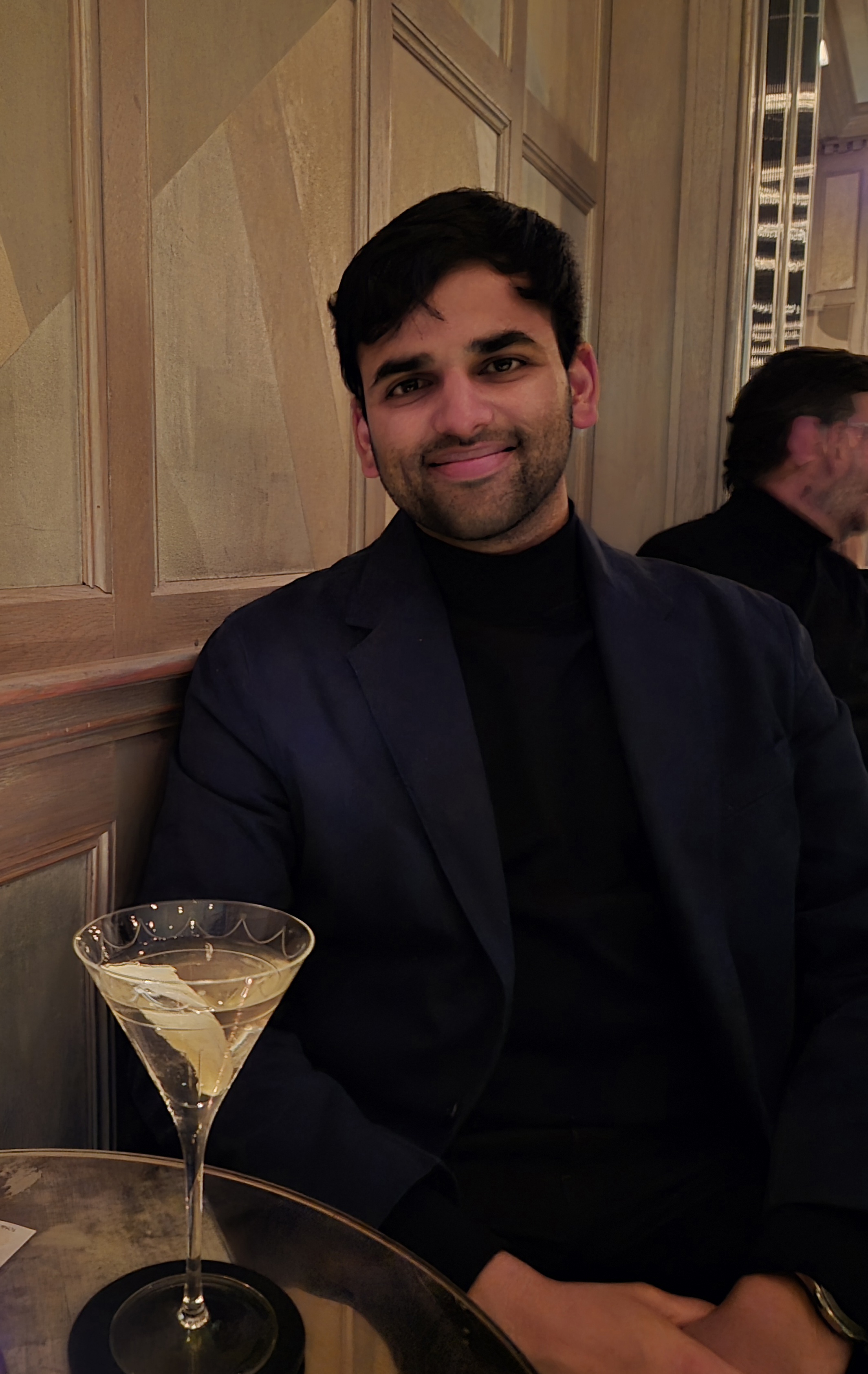Why Does Nobody Talk About Politics?
- Pranav Bharadwaj

- Nov 5, 2025
- 4 min read

And what, if anything, should we do about it?
Before arriving at Harvard Business School, I was warned that the U.S. was deeply polarized. Yet after a month here, I’m not sure I can confirm that because nobody actually talks about politics. Coming from the UK, where criticizing politicians is practically a national sport, the silence feels… unusual. So why is that?
1. Are There No Strong Opinions?
Or, more precisely, no strong political opinions?
We’re at the cradle of capitalism, surrounded by people whose main focus is on economic advancement. Much of the program reflects that orientation. The largest student clubs are Wine & Cuisine and Private Equity/Venture Capital; a debating society, if it exists, is hard to find.
There’s also the question of time. Among cases, recruiting, section events, and endless group work, many students admit they barely keep up with the news, let alone form nuanced political opinions. If you haven’t read a full article in weeks, it’s hard to feel confident voicing one. Perhaps that will change once the RCs finish BGIE and the consulting interviews are behind us…
2. Politics Just Isn’t Fun
Hey, I think it’s fun. Maybe that’s why nobody wants to talk to me.
In all seriousness, discussing politics requires a rare mix of traits: enough passion to care, enough vulnerability to share an opinion in front of near-strangers, and enough openness to engage respectfully with someone who disagrees. The risks are high and the rewards uncertain. On a campus that prizes collegiality and optimism, it’s not exactly an easy or “cool” conversation starter.
There’s also a positivity bias here. The Aldrich classroom norms of one comment per class, no interrupting, and applause for participation create an atmosphere of mutual encouragement. Negativity feels out of place. And politics, in the current climate, rarely feels uplifting. For many, bringing it up risks dragging the energy of a conversation down.
3. People Are Too Afraid
This is perhaps the most common explanation. The current information environment feels perilous, especially for international students still learning the boundaries of American discourse. The fear of offending someone, being misunderstood, or facing social backlash looms large.
Even for Americans, there’s a sense of reputational risk. Politics can intersect with recruiting, networking, and future employers’ expectations. Why take the chance? In a setting where relationships are currency, keeping your head down may feel like the rational choice.
Outside of these external pressures, there’s also a social one: nobody wants to be that person who brings up divisive topics at the section social. You can disagree over your favorite bar in Boston, but disagreeing over abortion or immigration? That’s a faster way to lose friends than an unpopular cold call.
4. Everyone Here Has the Same Politics
This perception comes up frequently. While it’s likely true that HBS leans a certain way politically, the idea that everyone thinks the same is overstated. The student body is geographically and professionally diverse. Even within broad political categories, there are meaningful differences: how progressive is too progressive, or how conservative is reasonable? Simplifying that spectrum into one campus consensus is reductive. If we actually talked more, I suspect we’d find as much disagreement as alignment.
5. Should We Even Try To Change This?
It’s a fair question. The recent Coinbase case for RCs, in which the company declared itself an “apolitical workplace,” sparked debate around whether organizations should avoid political and social issues entirely. Should HBS take a similar approach, focusing solely on business and economics, or should it also be a forum for engaging with the ideas shaping those systems?
I’d argue for the latter. Politics is, at its core, the study of how we make collective decisions — something every future leader must understand. One classmate told me that one of their reasons for studying in the U.S. was “to understand why people who disagree with me believe what they do.” That curiosity is admirable, and it can’t thrive in silence.
I believe the school also carries some responsibility, particularly in helping to mitigate the “risks” mentioned above. This could involve re-emphasising the importance of student voices and affirming that the school supports students who express their political views respectfully and thoughtfully. At the same time, the student body must hold up its end of the bargain by actively seeking out opportunities for healthy debate and open dialogue. One reason such discussions seem to flourish in the UK may be the “pub culture,” which provides a kind of third space where people can gather and exchange ideas freely without fear of judgment.
6. So Where Do We Start?
Creating space for political discussion doesn’t mean turning every lunch table into a debate club. Rather, it means encouraging curiosity and good-faith engagement, asking “what do you think?” instead of “how could you think that?”, and recognizing that disagreement doesn’t equal disrespect.
Perhaps The Harbus can help by publishing more viewpoints, highlighting respectful conversations, or simply normalizing the idea that disagreement can be civil, even friendly. After all, if we can’t talk about politics among 900 thoughtful, globally-minded future leaders, where can we? What is the equivalent of a “pub” at HBS, where judgement can be left at the door and students can be free to share their views on the world? Maybe it's time to revisit the Gallatin Hall remodel…
If you have ideas on how to make that happen or just want to talk, please get in touch!

Pranav Bharadwaj (MBA '27) is from London, UK. He studied Economics & Management at the University of Oxford before beginning his career in consulting at OC&C. He then moved into healthcare operations, most recently serving as Head of Strategy & Operations at Cera, one of Europe’s fastest-growing health tech companies. He is passionate about health policy, economics, and the role of technology in transforming public services.




Comments